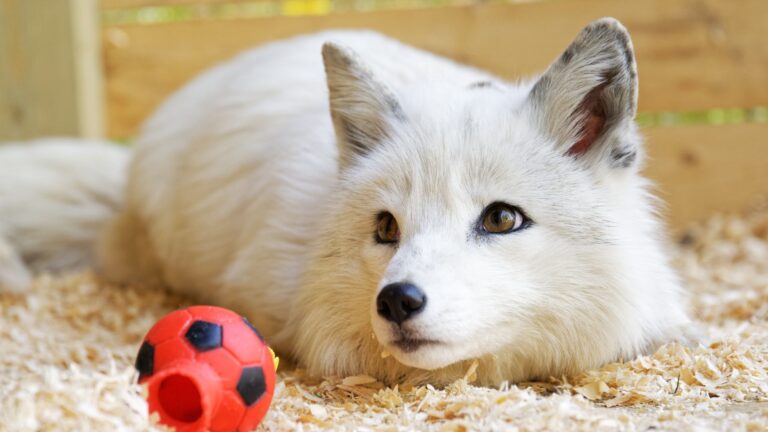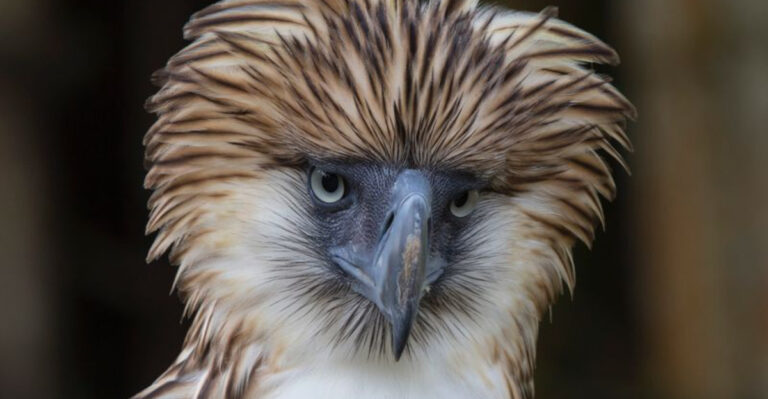Most Profitable Animals To Have On Small American Farms
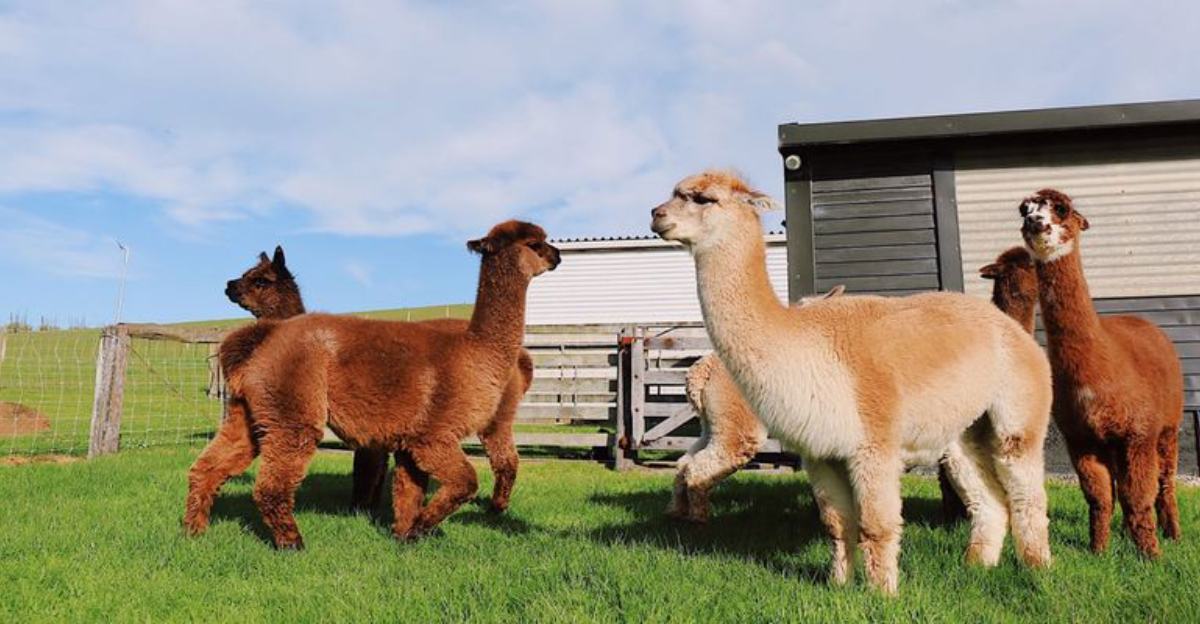
Farming might conjure images of endless fields and large tractors, but small farms in America are thriving thanks to specific animals.
If you’re dreaming of turning your little patch of land into a bustling farmstead, these animals might just be your golden ticket.
From fuzzy wool producers to egg-laying champions, there’s a menagerie of profitable animals perfect for small-scale farming.
Each choice brings unique benefits and charming quirks to farm life. Let’s embark on this delightful journey to discover the fifteen animals that can make your small farm a profitable venture.
1. Chickens
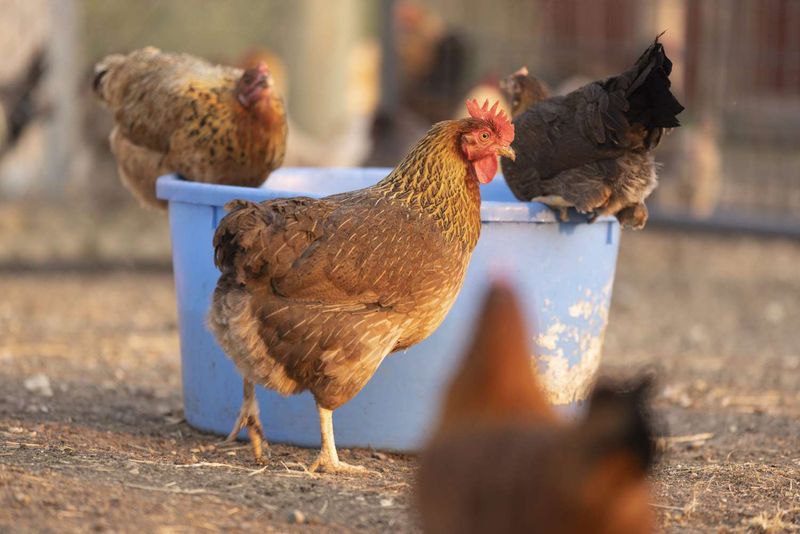
Chickens, with their quirky clucks and bustling energy, are the heartbeats of many small farms. Their ability to lay eggs almost daily makes them incredibly valuable. Fresh eggs with bright orange yolks are a farm stand favorite.
Beyond eggs, chickens provide meat and feathers, adding to their appeal. Their personalities can be surprisingly varied; some are bold and curious, while others are gentle and reserved.
They help control pests by eating insects and contribute to soil health with their droppings.
Raising chickens is relatively low-cost, and their quick turnover makes them a profitable choice for many small farmers.
2. Bees
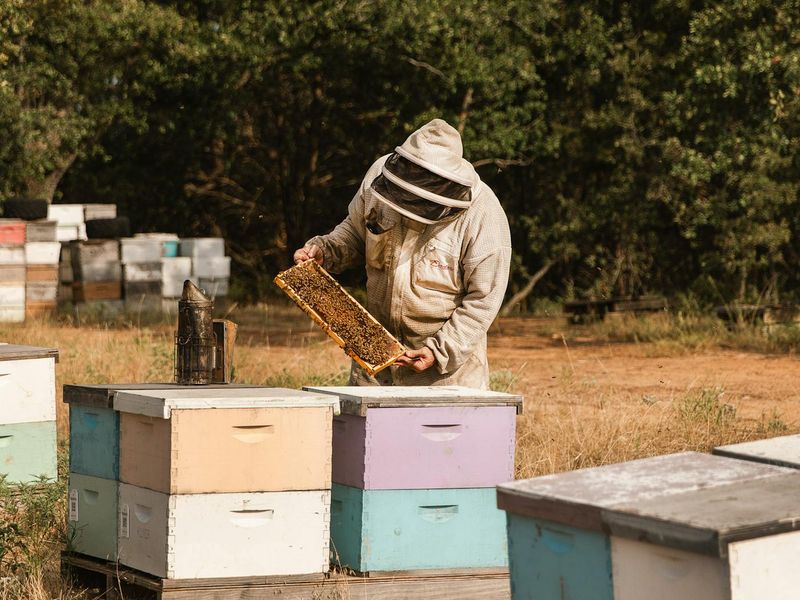
Buzzing with potential, bees are nature’s little alchemists. They transform nectar into golden honey, a sweet, liquid gold.
Not only is honey a sought-after product, but beeswax and propolis also find their way into cosmetics and health products.
Bees play a critical role in pollination, which boosts the productivity of other plants and crops. The startup costs can be modest, and their space requirement is minimal, making them ideal for smaller farms.
With a bit of care and attention, beekeeping can be a rewarding venture both financially and ecologically, creating a buzz in more ways than one.
3. Goats
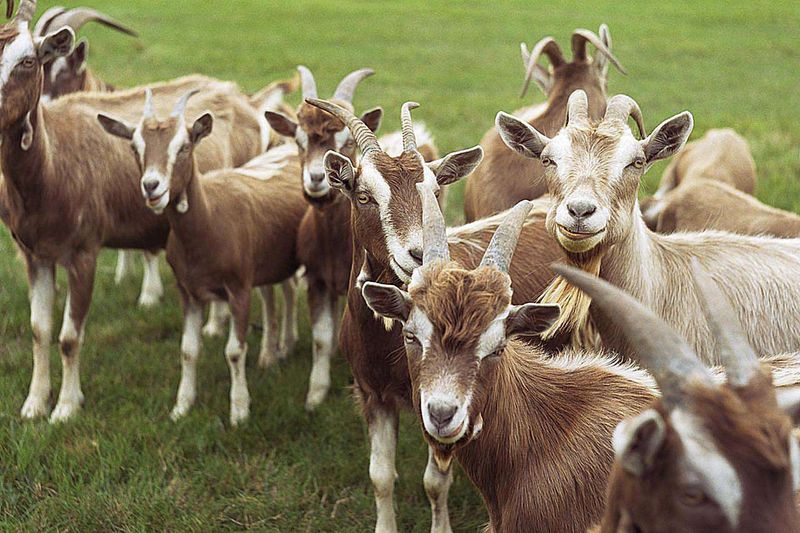
Goats are the comedians of the farm world, with their playful antics and curious nature. They provide milk, which can be transformed into cheese, yogurt, and soap. Goat milk is often touted for its digestibility and nutritional benefits.
Besides dairy, goats are excellent for land management, consuming weeds that other animals might ignore. Their hardy nature and adaptability make them suitable for various environments.
The initial investment in goats can be recouped quickly, as their products are highly marketable and in demand. Plus, their antics are sure to keep you entertained!
4. Sheep
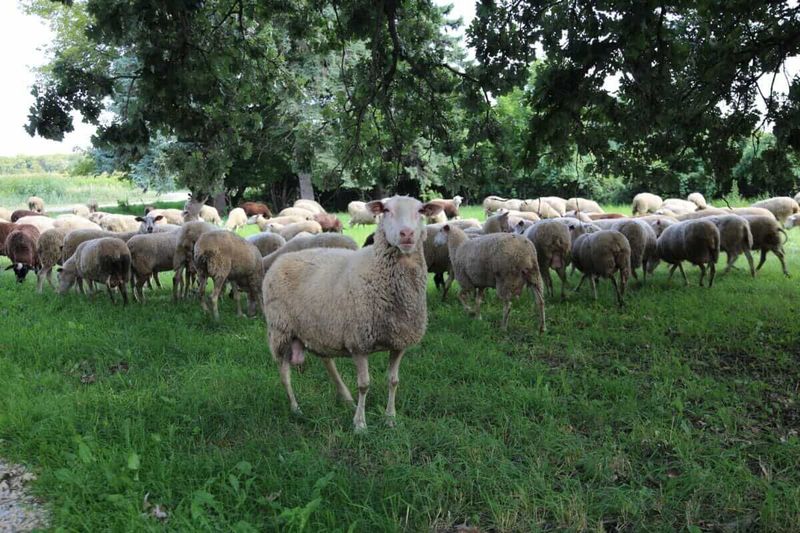
Sheep, with their gentle bleats and fluffy coats, are a cornerstone of many small farms. Their wool is a renewable resource, providing material for clothing and crafts. Quality wool commands premium prices, especially when marketed as organic or specialty fiber.
Lamb meat, or mutton, offers another revenue stream. Sheep are relatively low-maintenance and can graze on pastures unsuitable for other livestock.
Their calm demeanor makes them an easy addition to mixed-species farms, and their rotational grazing can improve pasture quality. Sheep truly offer a woolly world of profit and potential.
5. Rabbits
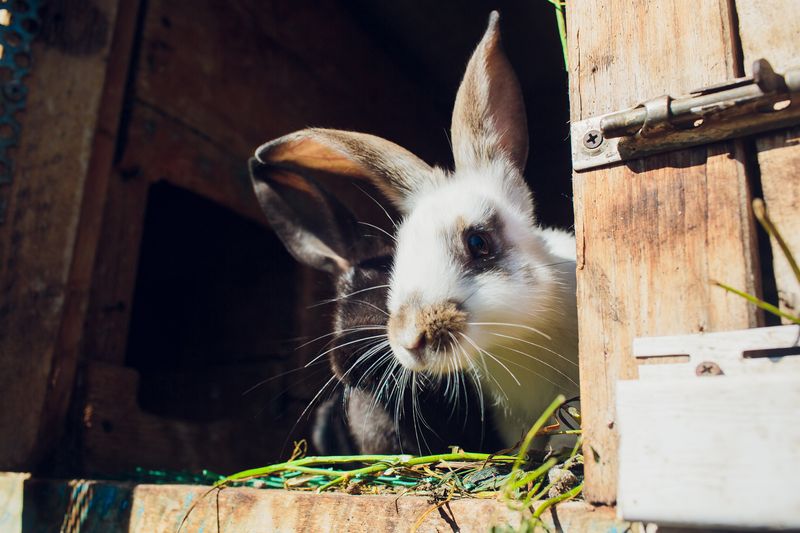
Rabbits, with their twitching noses and soft fur, might seem like an unusual farm choice, but they’re incredibly productive.
Rabbit meat is lean and flavorful, often compared to chicken. Their rapid reproduction rate ensures a steady supply.
Rabbit pelts are also valuable, particularly for crafts and clothing. They require minimal space and can be housed in hutches, making them perfect for farms with limited acreage.
Their manure is an excellent garden fertilizer, further boosting farm productivity. Affordable and easy to care for, rabbits bring robust returns in a small package.
6. Ducks

Ducks, with their waddling gait and cheerful quacks, are more than just charming additions to a farm. They lay eggs that are richer and creamier than chicken eggs, fetching a good price at markets.
Duck meat is prized in culinary circles, offering rich, flavorful dishes. Ducks are also natural pest controllers, eating slugs and snails that can harm crops.
Their presence adds diversity to a farm, and they need little more than a pond or water source to thrive. Robust and hardy, ducks are a quacking good investment for small farmers.
7. Turkeys
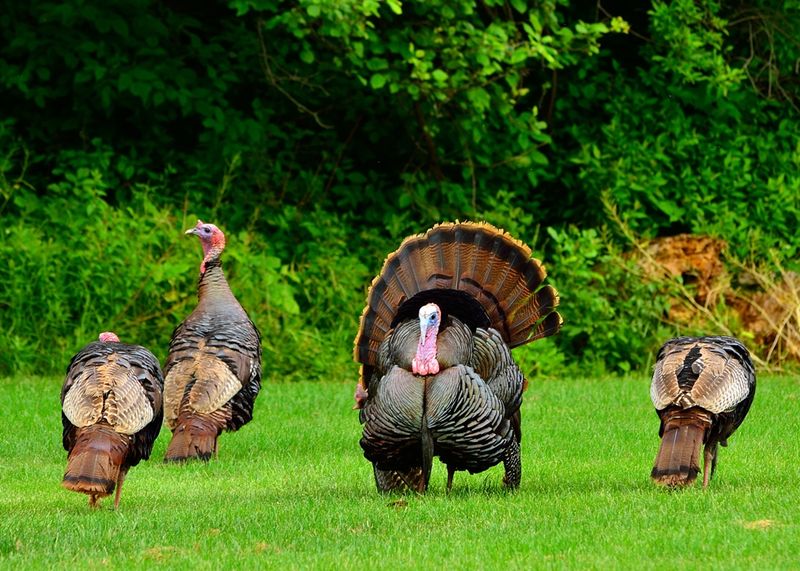
Turkeys strut across farmyards like regal birds with personalities as bold as their appearances. Known primarily for Thanksgiving feasts, their meat is a year-round culinary delight.
Beyond meat, turkey feathers are used in crafts and traditional garments. Raising turkeys requires more space than chickens but rewards with higher returns.
Their gregarious nature makes them engaging farm residents, and their foraging skills help manage insects. With a bit of care, turkeys can transform a small farm into a profitable enterprise, gobbling up both challenges and profits.
8. Pigs
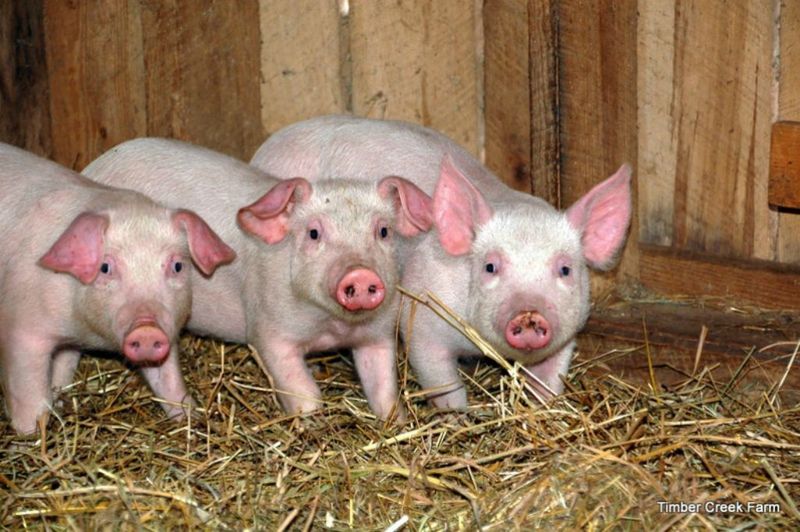
Pigs, with their intelligent eyes and curious snouts, are powerhouses of production. Their meat, from bacon to sausages, is a staple in many kitchens. Pigs are efficient converters of feed into protein, making them economically attractive.
Apart from meat, pigs contribute to the farm ecosystem by tilling soil and consuming waste produce. Their manure is nutrient-rich, enhancing soil fertility.
Though they require proper management and space, the returns are substantial. Pigs are not just a farm animal; they’re an investment in sustainability and profit.
9. Alpacas
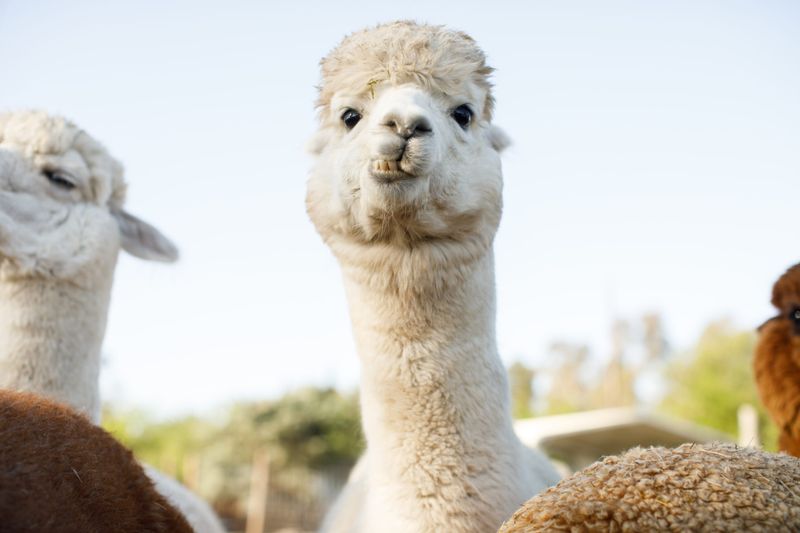
Alpacas, with their curious gazes and soft fleece, bring a touch of elegance to any farm. Their fleece is luxurious and prized for its softness, used in high-end garments and textiles.
Alpacas are known for their gentle nature and relatively low maintenance needs. They graze on grass, requiring less additional feed than other livestock.
Their waste is low odor and excellent for fertilizing crops. While the initial cost is higher, alpaca farms can be lucrative, especially with the growing demand for sustainable fiber. They truly add a luxurious thread to the farm tapestry.
10. Quail
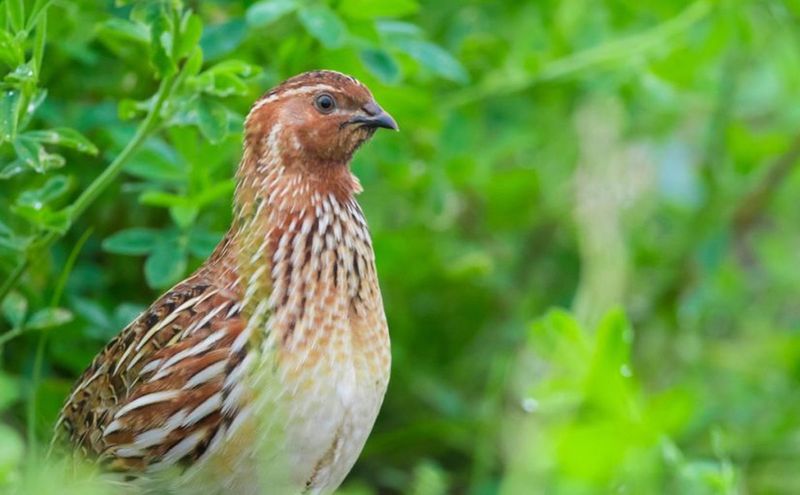
Quails, with their delicate feathers and gentle chirps, might be small, but they pack a big punch in profitability. Their eggs, tiny but nutrient-dense, are considered a delicacy in many cuisines.
Quail meat is tender and flavorful, offering a gourmet experience. They require minimal space and can be raised in urban settings, making them versatile farm animals.
Their rapid breeding cycle ensures continuous production, and their feed-to-egg conversion is efficient. With their compact size and high output, quails are a feathered asset to small farms.
11. Geese
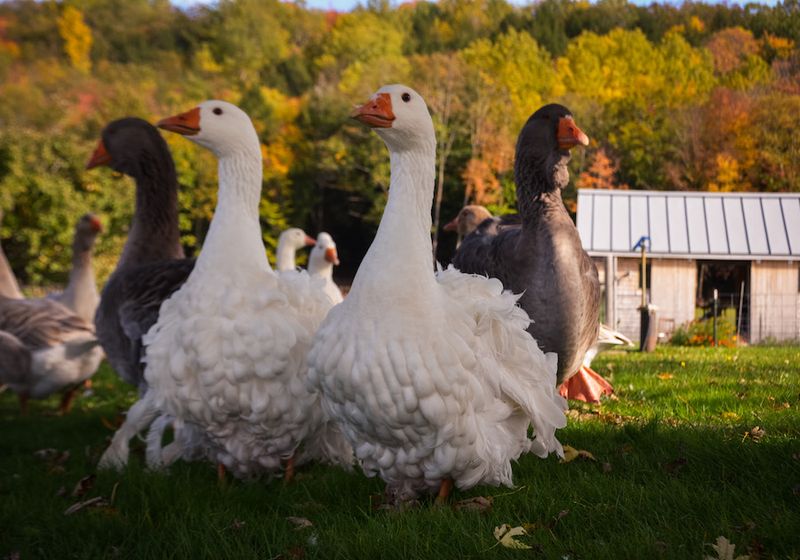
Geese, with their honking calls and proud figures, add character and utility to small farms. Their meat and large, rich eggs are prized by those in the know, offering unique flavors and textures.
Geese are also natural lawn mowers, keeping grass trimmed and maintaining the landscape. Their protective nature makes them excellent guardians against predators.
They require a bit more space and water access, but the returns in meat, eggs, and natural pest control are worth the investment. Geese can make a farm both peaceful and productive.
12. Cows
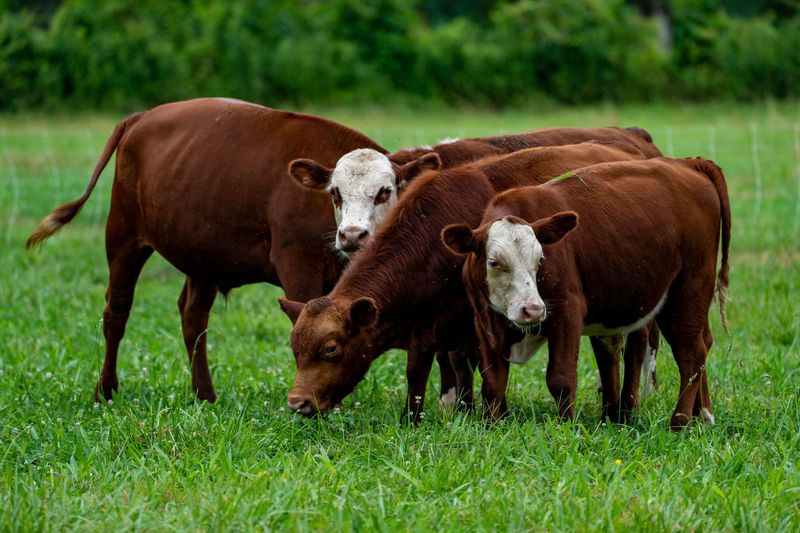
Cows, with their soulful eyes and steady presence, have been farm staples for generations. Their milk is versatile, used in countless products from cheese to butter. Milk sales provide a steady income stream.
Cows also produce beef, leather, and manure, each adding to their profitability. While they require more land and resources, their return on investment can be substantial.
Their gentle nature and ability to convert grass into rich milk and meat make them invaluable. With the right management, cows turn green pastures into green profits.
13. Llamas
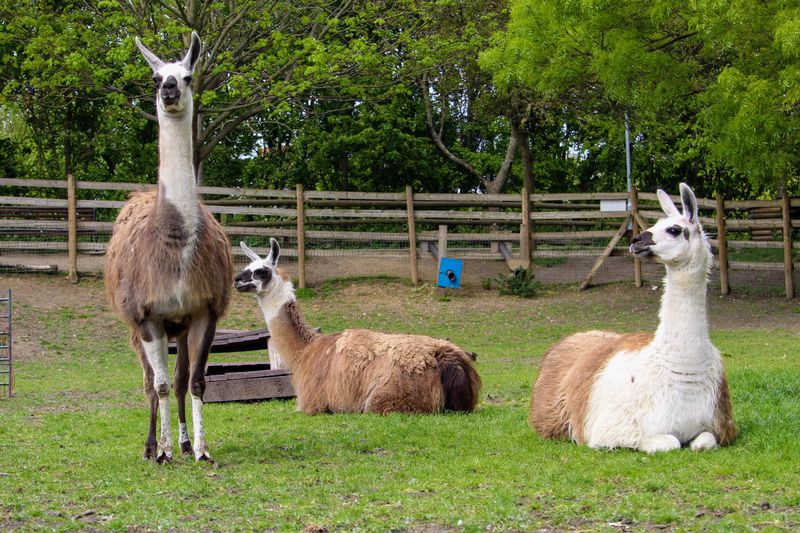
Llamas, with their elegant necks and calm demeanor, are more than just picturesque farm inhabitants. Their soft fleece is sought after for textiles, similar to alpacas.
They are excellent guardians for sheep and other livestock, deterring predators with their size and protective instincts. Llamas are low-maintenance, requiring minimal supplements if on good pasture.
Their manure enriches soil, completing the sustainability loop. While they may not be as common as other livestock, llamas offer unique advantages and aesthetic appeal, making them a wise addition to small farms.
14. Donkeys
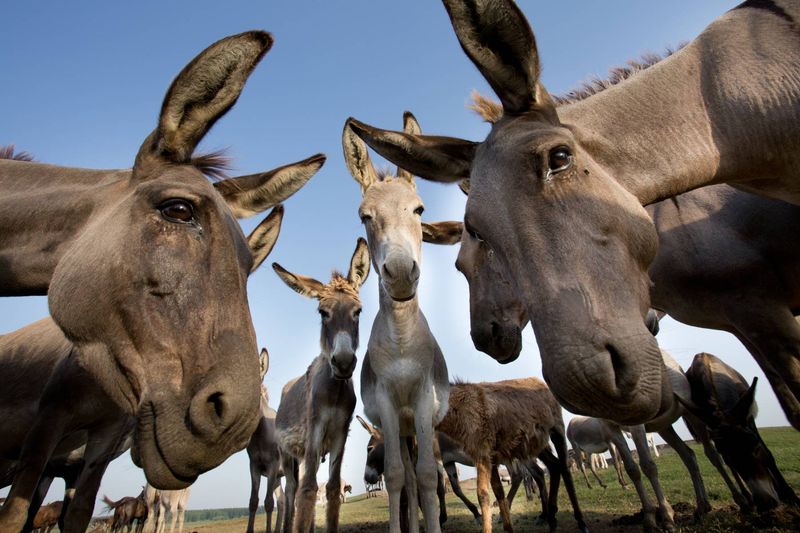
Donkeys, with their long ears and patient gaze, are the quiet heroes of small farms. They are strong, capable of carrying loads and assisting in farm work that machinery might struggle with.
Their calm nature and keen senses make them excellent protectors against predators, safeguarding smaller livestock.
Donkeys are also affectionate companions, forming bonds with both humans and fellow animals. While they might not directly produce goods, their contributions to farm safety and labor efficiency are invaluable, turning them into unsung assets of profitability.
15. Guinea Fowls
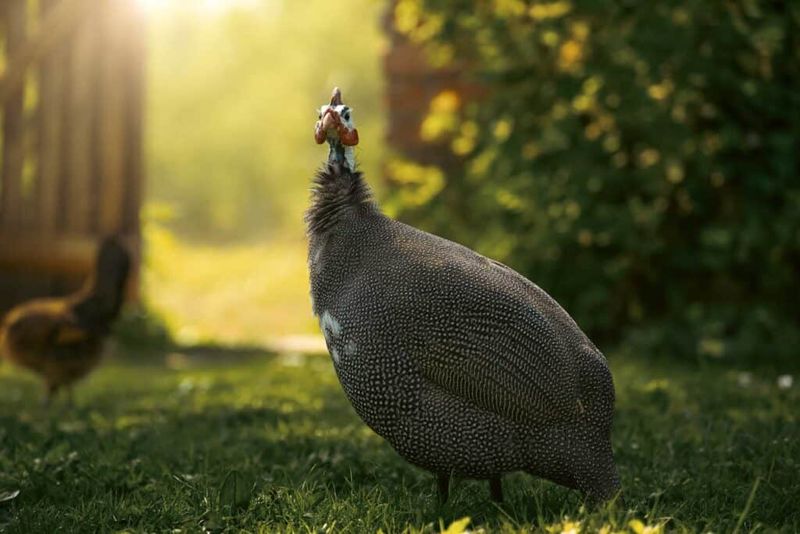
Guinea fowls, with their speckled feathers and lively calls, offer more than meets the eye. They are exceptional pest controllers, feasting on ticks and insects that plague farms.
Their meat is a culinary delight, rich in flavor and often likened to game birds. Guinea fowls are low-maintenance, thriving with minimal input once established.
Their social nature and unique appearance add charm to any farm setting. By controlling pests and providing gourmet meat, guinea fowls turn a small farm into a sustainable, profitable venture, all while adding a dash of wild beauty.




